Brief Summary
This course shows you 65 engaging examples to help you get comfortable with Scala, especially if you're coming from a Java background. It's all about having fun while you learn!
Key Points
-
Understand the big ideas behind Scala and its use cases.
-
Learn about specific features like First Class Functions and Pattern Matching.
-
Get hands-on with self-contained examples and source code.
Learning Outcomes
-
Use Scala with confidence at an intermediate level.
-
Read and comprehend Scala programs, including those that are heavily functional.
-
Recognize and leverage the strengths of both Java and Scala.
About This Course
65 examples that will bring Scala to life for you
These 65 examples will make this cool-new-kid-on-the-block your steady, reliable friend
Let's parse that.
That said, Java is a steady, reliable friend - a language you can depend upon, and in which you can express yourself.
These 65 examples will help you trust Scala the way you trust Java. Each is self-contained, has its source code attached, and gets across a specific Scala use-case. Each example is simple, but not simplistic.
What's Included:
The Little Details That Matter: Pattern Matching, If Expressions, For Loops & Yield: Java has if-statements, while Scala has if-expressions. Differences like these matter, this course will cover them.
Collections - Lists, Options, the Details of fold/reduce/shift in Scala are yet another bit of the language that differs significantly from other traditional object-oriented languages. We will spend a lot of time on these topics too.
Classes, Companion Objects, Traits, Self Types and Dependency Injection are Scala's way of providing Object Oriented support. Some of these concepts are similar to Java - those we will skim over. Others are quite different - we will be sure to cover these in detail.
Use Scala with an intermediate level of proficiency
Read and understand Scala programs - including those with highly functional forms - written by others
Identify the similarities and differences between Java and Scala, and use both to their advantage


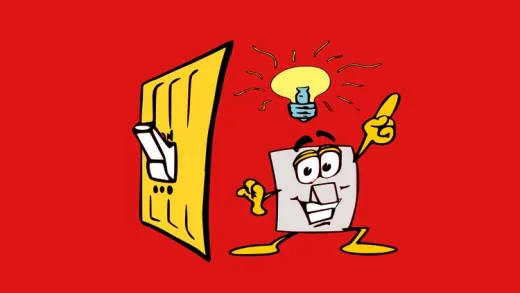

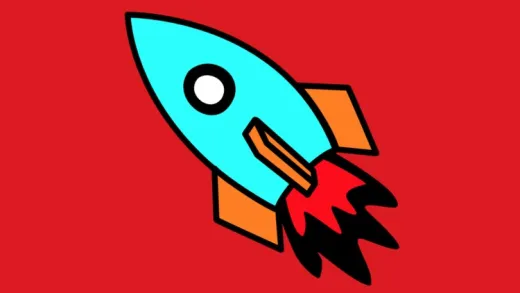
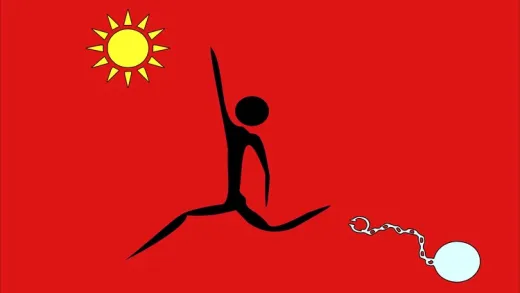
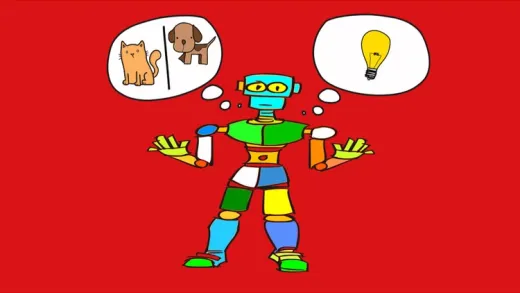
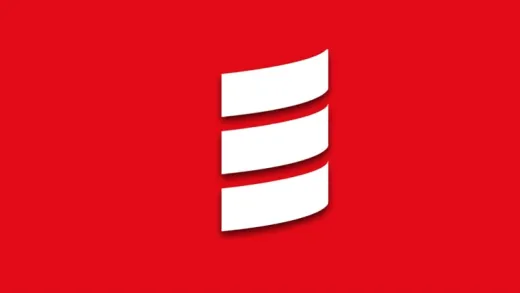

Spandan S.
There are some mistakes in quiz and some concepts delivery was little confusing or incorrect.
Otherwise everything else is great!